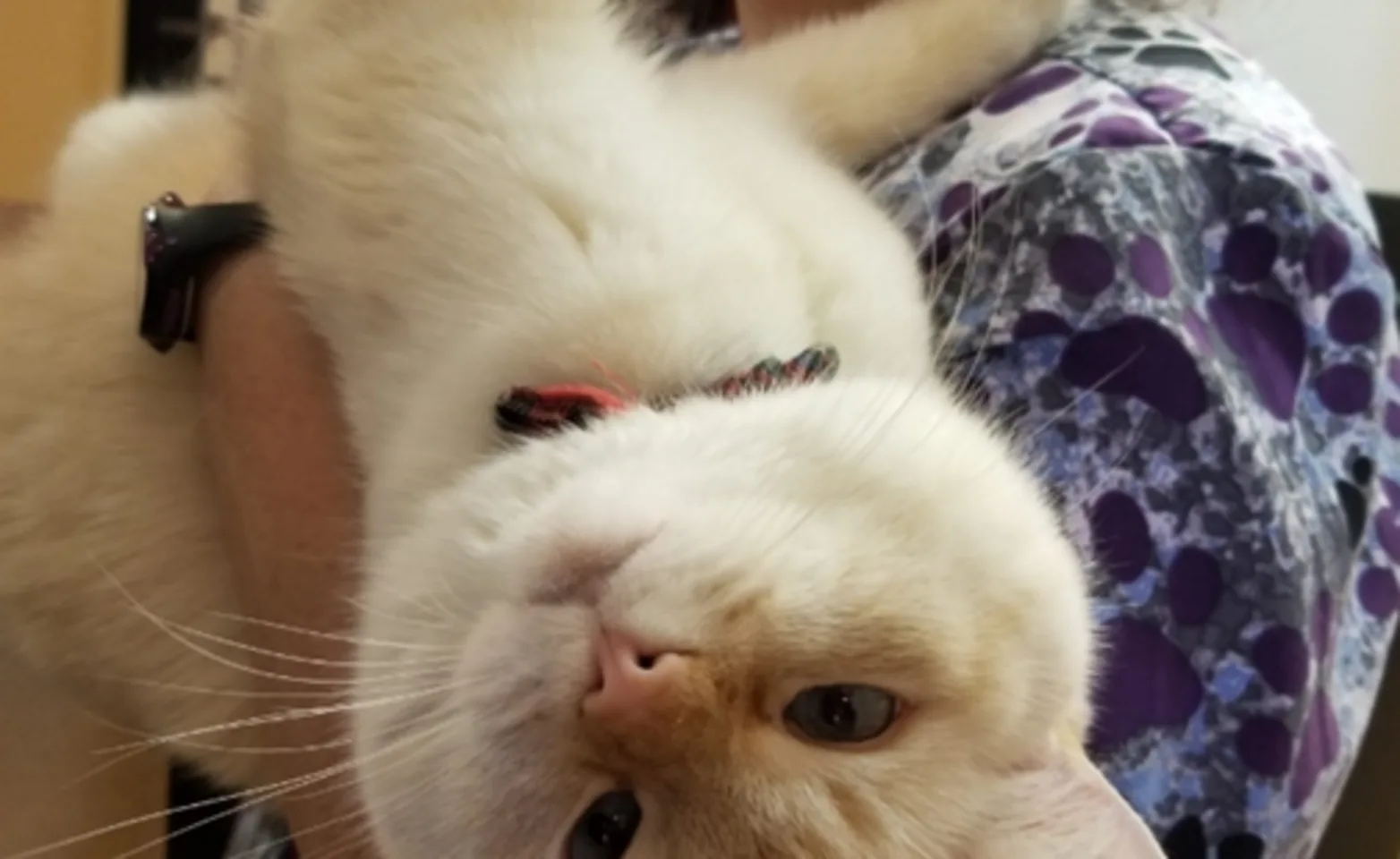North Bay Animal Hospital




Experienced and Compassionate Staff
Our dedicated team is committed to providing excellent care and service to all pets. We have a long history of serving the community of North Bay, ON

New Client? No Problem!
Our hospital welcomes new pets into our family. Learn more about our practice and what to expect for your first appointment.
*We currently have a waiting list for new clients.





